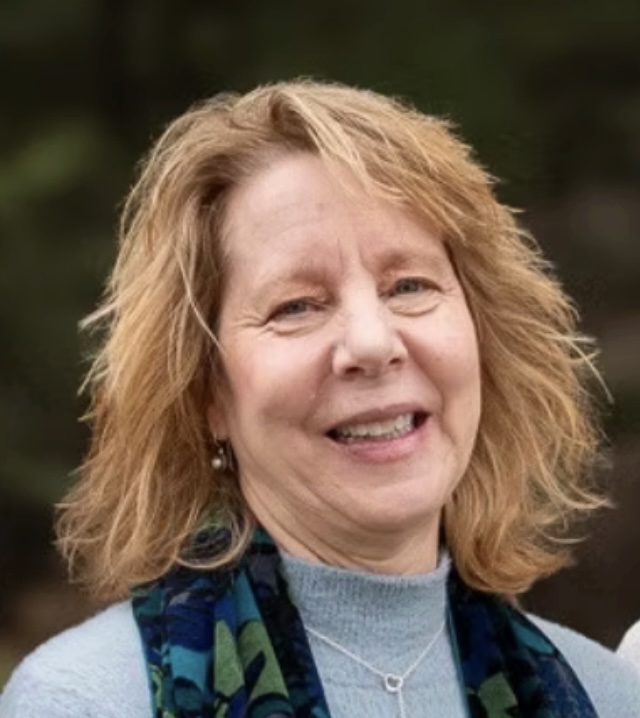1. What experience do you have that has prepared you to be on the School Board?
I hold a Ph.D. in Molecular Biology and Genetics and have worked as a professional research scientist for over 30 years in academia and at Merck. I recently retired from Merck as a Sr. Principal Scientist where my responsibilities included budget oversight for my department and I managed external scientific collaborations with the NIH, biotech and academics. I have served on a number of boards including private not-for-profit organizations where budgetary oversight was required.
2. What do you think is the most pressing issue facing our school district right now?
The Upper Dublin School District is facing a complex array of challenges that will shape learning in our district over the next four years. I will focus on 3 issues I think are most critical to address, 1) student well-being, 2) education funding, 3) aging infrastructure.
3. Do you think schools should be maintained as sensitive locations for all students regardless of immigration status?
Yes, absolutely. Overreaching and illegal executive branch activities should not be tolerated in our school districts. Every child, irrespective of immigration status deserves to be safe, valued and have equal access to education.
4. Do you believe all students should have access to public education, regardless of immigration status?
Yes absolutely. Our country was founded by immigrants and I believe our global reputation as a beacon of democracy can be attributed to access to free, quality education for all, irrespective of immigration status.
5. Do you think school discipline is best handled by the principal’s office and school staff or by police officers in schools?
Yes, with the exception of criminal activity occurring on school property. In that case, the police must be involved but they should not be a permanent presence in school buildings.
6. Do you support sex education classes in our schools?
Yes, with age appropriate instructional material, information is power. Educating children about how their bodies function, how to stay healthy and take control of their own reproductive health serves them and the community.
7. Do you believe it is important to teach all people’s histories in schools, including those of African, Asian, Latine, Native American, and European descent?
Yes, teaching history with a multicultural curriculum builds understanding and trust among disparate ethnic groups. The most valuable learning experience I had was spending my junior year of high school in Japan, attending a Japanese school while living with a Japanese family. Coming from rural Idaho, with very low ethnic diversity, this experience transformed my view of the world and inspired me to pursue an Anthropology degree as well as Biology in college.

